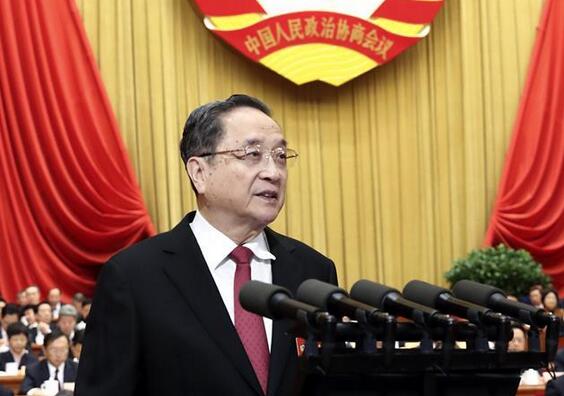Chris Skidmore, Minister for the Constitution, has published a range of proposals that will make the anonymous registration scheme in England and Wales more accessible to those escaping domestic abuse, and ensure that survivors can participate in our democracy.
The anonymous registration scheme protects people whose safety would be at risk if their name and address appeared in the electoral register. For example, this might include victims of harassment or stalking, as well as some witnesses in criminal court cases.
The current system has come under criticism for lacking the flexibility and understanding of various scenarios which survivors of domestic abuse often find themselves in. This can include limiting police attestations to police officers at or above the rank of superintendent, and restricting social services attestations to directors of social services.
Among the measures announced today are plans to update the list of court and other orders that are acceptable as evidence of the risk to an applicant, and lowering the seniority required for an attestor from the police or social services.
The minister has been working with domestic abuse charities over the past 6 months, including Women’s Aid, to explore what could be done to ease the process for one of the most vulnerable groups in society. Women’s Aid estimate that the proposals in the policy statement could help thousands of survivors of domestic abuse.
Mehala Osborne, survivor and founder of the Right to Vote campaign, said:
I was denied a vote whilst living in a refuge, and I never realised how much having a vote meant until it was taken away from me. I had already been through enough, and to be disempowered even more was so difficult. I am so proud to have started the campaign that has led to these proposed changes. Survivors in the future will not be denied their voice and democratic right to vote.
Dawn Morville, survivor of domestic abuse who lived in a refuge, said:
When I was living in a refuge, I could never register to vote as I was worried my ex would be able to hunt me down – and if he had been able to find my address, there is no doubt he would have come after me. This would have put not only me but the other women in the refuge at risk. And for years after I left the refuge, I could still not vote, because I knew that he would find me if he could, and seriously harm me and my children. So the proposed changes are great news. It will empower survivors, and give us back something that domestic abuse takes away: our right to have our say, and be heard, without being terrified that voting could mean our abuser comes after us.
Polly Neate, Chief Executive of Women’s Aid, said:
Domestic abuse must not deny women their right to take part in democracy. So, we welcome the changes proposed today on anonymous registration, and we thank the government – particularly the Minister Chris Skidmore, for decisive action on this. The proposed new measures send out a clear message to all survivors of domestic abuse: that their voices matter, and their participation in politics matters.
Chris Skidmore, Minister for the Constitution, said:
This government is committed to removing any barriers that prevent voters from exercising their democratic right. Having met survivors of domestic abuse over the past 6 months, it is clear that the existing system has often let down those affected by domestic abuse.
That is why today we are setting out proposals to reform the anonymous registration scheme in England and Wales to make it more accessible for those escaping domestic abuse. Protecting the safety of survivors by making it easier for them to register to vote without their name and address appearing on the electoral register is a key part of that change.
We are clear that those who have been constrained by their abusers must have full freedom to express themselves in the democratic process – part of this government’s determination to build a democracy that works for everyone.
The government is now welcoming feedback on proposals to expand the evidence to include new types of attestor and new types of documentary evidence, along with other measures in the statement. To share your comments, please contact the Cabinet Office at anonymous-registration@cabinetoffice.gov.uk.
Under provisions of the Scotland Act 2016, the Scottish Parliament will shortly gain legislative competence for electoral registration in relation to Scottish Parliamentary and Local Government elections in Scotland. The Minister for the Constitution will be working with his counterpart in the Scottish government in order to together deliver reforms in respect of the UK Parliamentary electoral register and the local government electoral register in Scotland.
Under provisions of the Wales Act 2017, the National Assembly for Wales will in due course gain legislative competence for electoral registration in relation to elections to the National Assembly for Wales and Local Government elections in Wales. However, the changes proposed to anonymous registration will most likely come into force prior to commencement of these provisions.
read more



